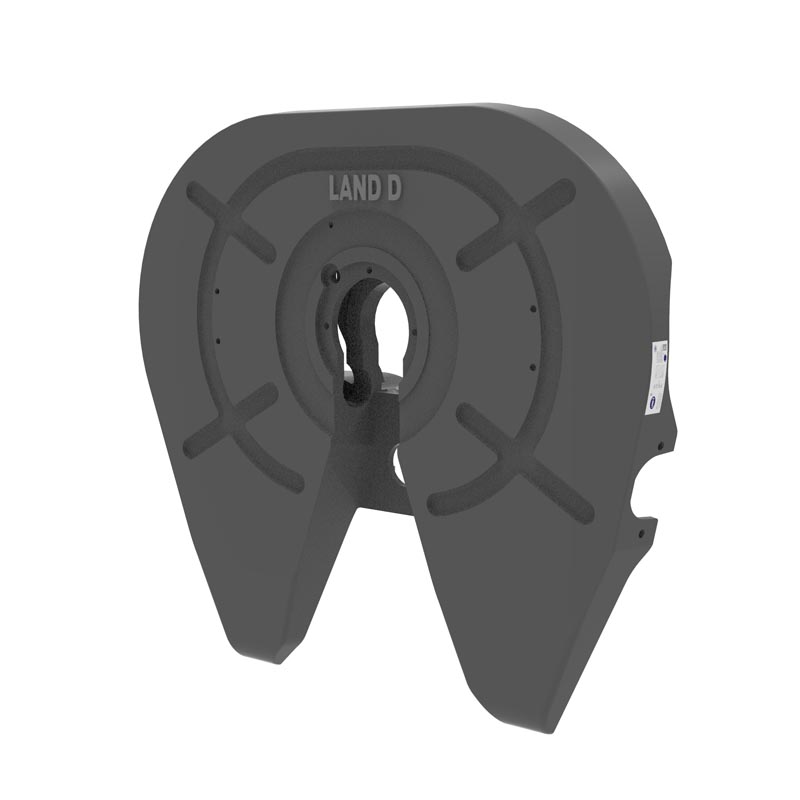Nov . 04, 2024 08:35 Back to list
locking jaws kingpin service
Understanding Locking Jaws Kingpin Service
Locking jaws kingpins are an integral component of various heavy-duty vehicles, especially in the trucking and transportation industries. The term refers to a type of coupling mechanism that secures the connection between a trailer and a tractor unit. Given the crucial role they play in ensuring safety and stability during transport, understanding their service and maintenance is essential for operators.
The kingpin is a cylindrical pin located on the trailer that fits into a locking jaw mechanism on the fifth wheel of the tractor. This connection allows trailers to be towed safely and effectively while maintaining the necessary maneuverability. The locking jaws grip the kingpin tightly, preventing any unintended disconnections. Over time, however, wear and tear can occur due to the heavy loads and stress placed on these components. This makes regular service and inspection vital to avoid potential accidents on the road.
Understanding Locking Jaws Kingpin Service
Another critical factor is the inspection of the kingpin and jaws for any signs of damage or excessive wear. Operators should examine the kingpin for any cracks or deformations. Similarly, the locking jaws should be checked for wear patterns that may indicate they're not gripping the kingpin securely. If there are any indicators of damage, it's crucial to replace the parts as needed to maintain optimal safety standards.
locking jaws kingpin service

It's also advisable to periodically check the alignment of the fifth wheel. Misalignment can lead to increased wear on the locking jaws and kingpin, resulting in premature failure. Ensuring that the trailer is correctly aligned with the tractor unit can help prolong the life of these components and ensure safe operation.
In addition to physical inspections, operators should also keep a detailed service log. Recording maintenance activities, repairs, and inspections can help identify patterns or recurring issues. This documentation may prove invaluable when evaluating the overall health of the coupling mechanism and planning future maintenance schedules.
Utilizing professional services for kingpin maintenance is another option worth considering. Experienced mechanics can provide insights and repairs that may not be possible through routine checks. They can also perform comprehensive diagnostics to identify underlying issues that may affect the performance of the kingpin and locking jaws.
In conclusion, the service of locking jaws kingpins is a vital aspect of vehicle maintenance in the transportation industry. By regularly inspecting and maintaining these components, operators can ensure the safety and reliability of their equipment. Routine maintenance not only prolongs the life of the parts but also enhances the overall safety of the vehicle on the road, ultimately contributing to the efficient functioning of the transportation system. Operators should prioritize the proper care of locking jaws kingpins to prevent accidents and ensure the seamless operation of their fleet.
-
Nuss Truck Sauk Rapids - High Quality, Best Deals & Discounts Available
NewsJul.08,2025
-
High Quality Kingpin Adalah – Best Kingpin Adalah for Trucks, Get Discount Kingpin Adalah Now!
NewsJul.08,2025
-
High Quality Fifth Wheel Bracket for Heavy Loads – Best Discount Deals Online
NewsJul.08,2025
-
High Quality Fifth Wheel Coupling System for Trucks Best Fifth Wheel Coupling System Online
NewsJul.07,2025
-
High Quality & Best Volvo Trucks in Kansas City Discount Volvo Trucks for Sale
NewsJul.07,2025
-
High Quality & Best Standard Height of Tractor Trailer – Discount Prices Available
NewsJul.07,2025
